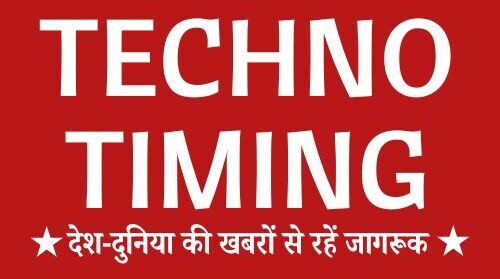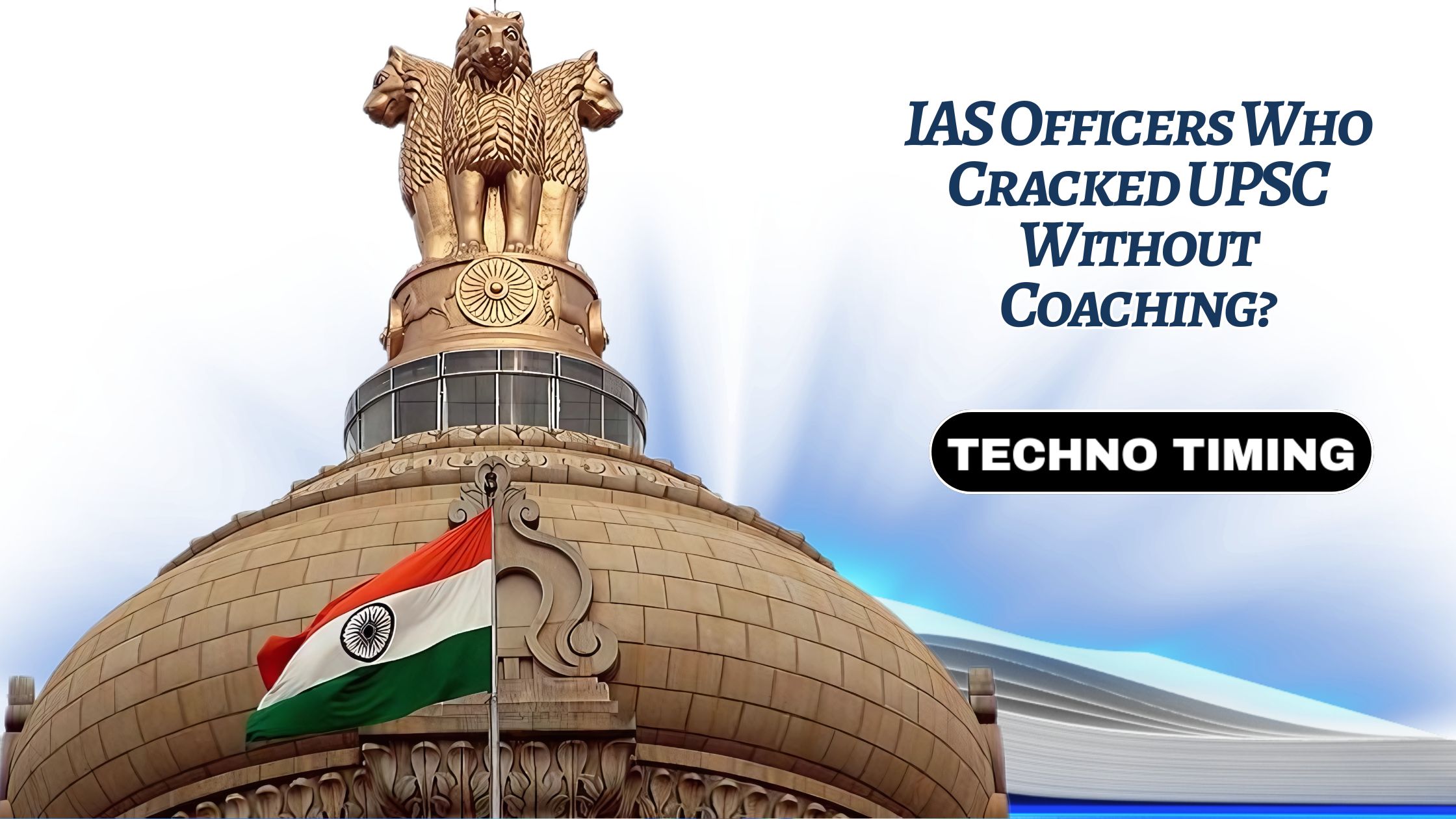Inspiring IAS Officers Who Cracked UPSC Without Any Coaching: Success Stories
Top IAS Officers Who Cracked UPSC Without Coaching: Every year, thousands of UPSC aspirants wonder whether expensive coaching classes are essential for cracking the Civil Services Examination. The answer lies in the remarkable journeys of numerous IAS officers who achieved top ranks through self-study alone. These inspiring stories prove that with the right strategy, dedication, and resources, you can succeed without spending lakhs on coaching institutes.
From 23-year-old Srushti Jayant Deshmukh securing AIR 5 on her first attempt to former railway worker Sreenath K overcoming incredible odds to become an IAS officer, these success stories demonstrate that coaching isn’t the only path to UPSC success. Let’s explore these remarkable journeys and discover the strategies that made their dreams reality.
Why Self-Study Can Transform Your UPSC Journey
Self-study offers unique advantages that coaching centres often can’t provide. You gain complete control over your learning pace, allowing you to spend extra time on challenging topics whilst moving quickly through areas you’ve already mastered. This personalized approach eliminates the pressure of keeping up with a predetermined schedule that might not suit your learning style.
The financial benefits are substantial too. Quality coaching can cost upwards of £2,000-3,000, whilst self-study relies primarily on standard textbooks, newspapers, and free online resources. This cost-effectiveness makes UPSC preparation accessible to candidates from all economic backgrounds.
Self-study also develops crucial skills that prove invaluable during the actual examination. When you’re responsible for your own learning, you develop better research abilities, critical thinking, and the self-discipline needed to sustain motivation over the lengthy preparation period. These qualities often translate into better performance during both the written examination and personality test.
Remarkable IAS Success Stories: Proof That Self-Study Works
Srushti Jayant Deshmukh (AIR 5, 2018)
At just 23, Srushti achieved the fifth rank nationwide on her very first attempt through dedicated self-study. She relied heavily on online resources, maintaining a rigorous daily routine that included extensive answer-writing practice. Her approach focused on understanding concepts thoroughly rather than rote memorisation.
Srushti’s daily schedule included 8-10 hours of focused study, with particular emphasis on current affairs and answer writing. She credits her success to consistent revision cycles and her ability to connect current events with static portions of the syllabus.
Satyam Gandhi (AIR 10, 2020)
Satyam’s journey to the top 10 demonstrates the power of building strong fundamentals through self-directed learning. He emphasised multiple revision cycles, ensuring that core concepts were deeply embedded in his understanding before moving to advanced topics.
His strategy involved creating detailed notes from standard textbooks, then condensing these into revision-friendly formats. This multi-layered approach to note-making proved crucial during his final preparation phase.
Ananya Singh (AIR 51, 2019)
Becoming one of the youngest IAS officers at 22, Ananya maintained a disciplined routine of 7-8 hours daily study. She avoided the coaching circuit entirely, relying instead on carefully selected standard books and online materials.
Her success formula included strict time management, regular mock tests, and a focus on answer presentation skills. Ananya particularly emphasised the importance of writing practice, dedicating at least 2 hours daily to improving her writing speed and clarity.
Arun Raj (AIR 34, 2014)
This IIT Kanpur graduate treated UPSC preparation like an analytical problem to be solved. He built his preparation entirely around NCERT textbooks, treating them as the foundation before moving to advanced materials.
Arun’s engineering background helped him approach the vast syllabus systematically, breaking it down into manageable components and building knowledge incrementally. His methodical approach proves that analytical skills can significantly enhance self-study effectiveness.
Sreenath K (AIR 82)
Perhaps the most inspiring story comes from Sreenath, a former railway worker who studied using free Wi-Fi at Ernakulam railway station. His mobile phone became his primary study tool, accessing online resources and preparing notes during breaks from work.
Sreenath’s journey demonstrates that determination can overcome any resource constraint. He proves that expensive infrastructure isn’t necessary when you have unwavering commitment and smart resource utilisation.
Essential Strategies for UPSC Self-Study Success
Building Your Foundation
Start with NCERT textbooks from classes 6-12, which provide excellent conceptual clarity. These books form the backbone of your preparation, offering straightforward explanations of complex topics. Follow this with standard reference books like Laxmikant for Polity or Spectrum for History.
Create a study schedule that allocates adequate time to each subject based on your comfort level and the weightage in previous examinations. Ensure you’re covering both static portions and dynamic current affairs systematically.
Mastering Current Affairs
Dedicate 30-45 minutes daily to reading quality newspapers like The Hindu or Indian Express. Focus on understanding the background and implications of news events rather than just memorising facts.
Supplement newspaper reading with monthly magazines like Yojana and Kurukshetra, which provide in-depth analysis of government policies and schemes. Create linkages between current events and syllabus topics to enhance your understanding.
Effective Resource Management
Utilise free government resources extensively. The Press Information Bureau (PIB) website, Economic Survey, and various ministry publications provide authentic information that often appears directly in examinations.
Online platforms offer excellent supplementary content. YouTube channels by successful candidates, free lectures on government websites, and educational apps can enhance your understanding without additional cost.
Answer Writing and Practice
Regular answer writing practice distinguishes successful candidates from others. Dedicate at least 2 hours daily to practising previous years’ questions, focusing on structure, clarity, and time management.
Join affordable test series for regular assessment and feedback. Many online platforms offer comprehensive test series at reasonable prices, providing the evaluation you need without expensive coaching fees.
The 80/20 Principle in UPSC Preparation
The Pareto Principle suggests that 80% of results come from 20% of efforts. In UPSC preparation, this means identifying high-yield topics that appear frequently in examinations and focusing your energy accordingly.
Prioritise subjects like Polity, Economy, and Environment, which consistently contribute significant questions to both Prelims and Mains. Within each subject, identify chapters that appear most frequently in previous examinations.
Analyse past papers systematically to identify these patterns. Create a priority list of topics and allocate your study time proportionally. This strategic approach maximises your efficiency and improves your chances of success.
Overcoming Self-Study Challenges
Maintaining Motivation
Self-study requires tremendous self-discipline and motivation. Create a support system through online forums, study groups, or mentorship from successful candidates. Regular interaction with fellow aspirants helps maintain momentum during difficult periods.
Set short-term goals and celebrate small achievements. This approach maintains motivation over the lengthy preparation period and provides psychological reinforcement for your efforts.
Managing Doubts and Queries
Without teachers readily available, doubt resolution becomes challenging. Utilise online forums, educational websites, and free doubt-clearing sessions offered by various platforms.
Create a system for noting down doubts and researching answers systematically. Often, the process of finding answers independently enhances understanding better than passive learning.
Ensuring Comprehensive Coverage
Self-study risks leaving gaps in syllabus coverage. Create detailed checklists based on the official UPSC syllabus and track your progress systematically.
Regular revision cycles help identify and address any gaps in your preparation. Use mind maps and summary notes to ensure comprehensive coverage of all topics.
Success Mantras from Self-Study Toppers
Consistency emerges as the most crucial factor across all success stories. Successful candidates emphasised regular study hours rather than intense cramming sessions. They maintained steady progress over extended periods rather than relying on last-minute intensive preparation.
Smart resource selection proves equally important. Rather than collecting numerous books, successful self-study candidates focused on mastering a few quality resources thoroughly. They prioritised depth over breadth in their preparation approach.
Regular self-assessment through mock tests and answer writing practice helped them identify weaknesses and improve continuously. They treated mistakes as learning opportunities rather than failures.
Making Your Self-Study Journey Successful
Success through self-study requires careful planning, consistent execution, and smart resource utilisation. Start by creating a realistic timetable that accommodates your other commitments whilst ensuring adequate preparation time.
Invest in quality study materials but avoid information overload. Focus on understanding concepts thoroughly rather than accumulating vast amounts of information. Regular revision and practice are more valuable than extensive reading without retention.
Create accountability systems to maintain discipline. Whether through study partners, online communities, or personal tracking systems, ensure you have mechanisms to monitor and maintain your progress.
The journeys of these successful IAS officers prove that coaching isn’t essential for UPSC success. With proper planning, quality resources, and unwavering determination, self-study can be equally effective. Their stories inspire thousands of aspirants who choose the self-directed path to civil services success.
Remember, UPSC rewards merit, preparation, and persistence—not the method of study. Whether you choose coaching or self-study, success ultimately depends on your commitment, strategy, and execution. These inspiring officers have shown that with the right approach, your dreams of joining the civil services are entirely achievable through self-study.
Also Read: Top 10 Business Ideas to Launch Your Zero to Sky Level Rocket Business in 2025


